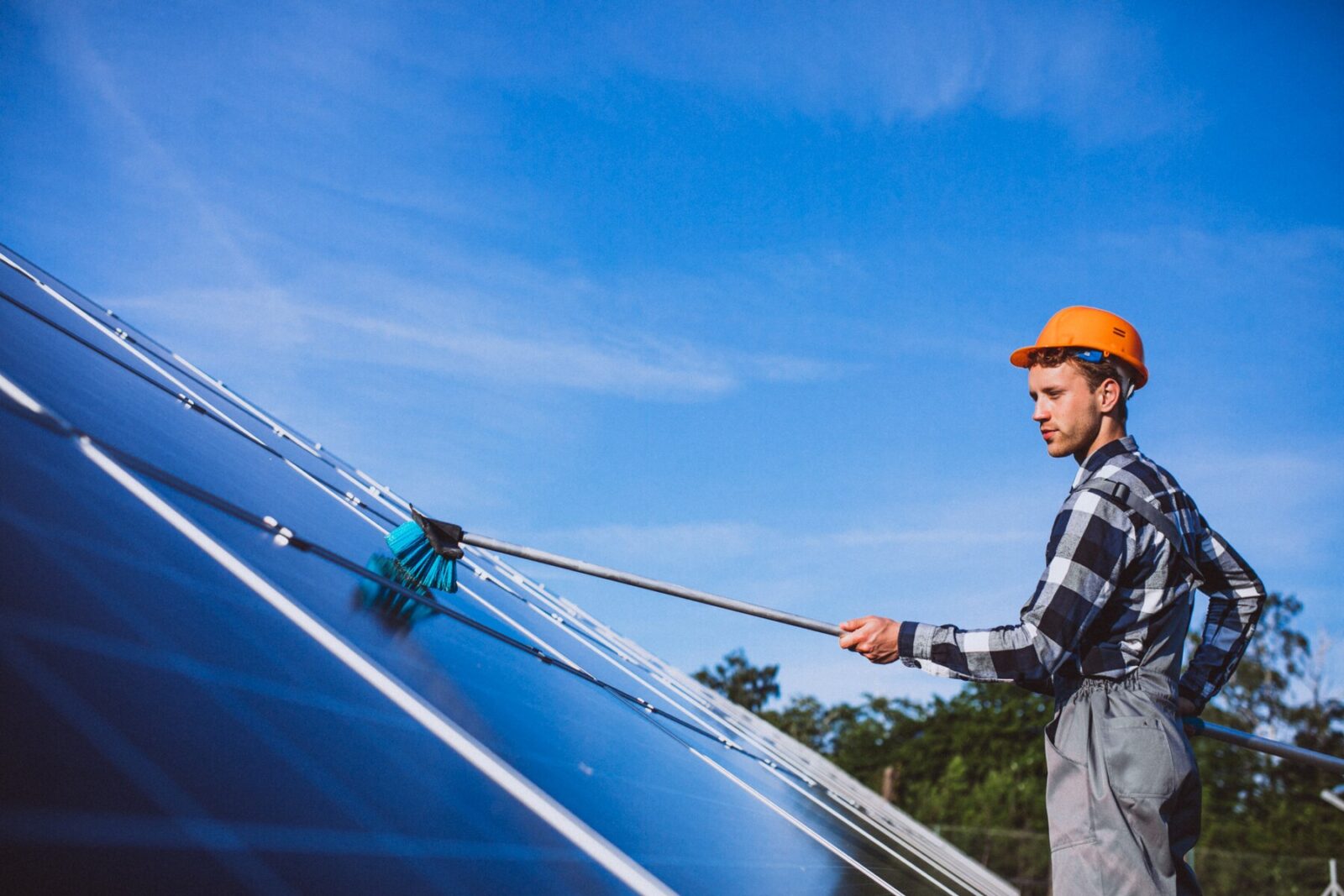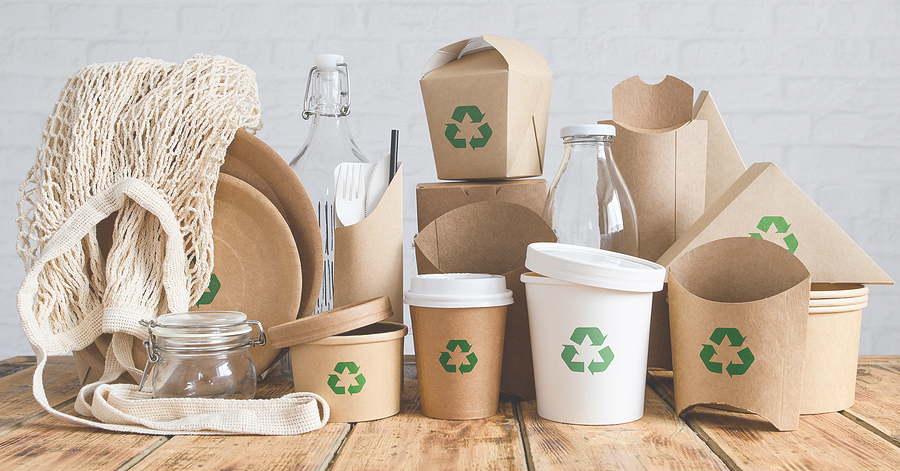
How To Identify GN Containers Designed For Specific Uses: Cold Storage, Heating, And Serving
Finding the right GN container for cold storage, heating, or serving is key to maintaining efficiency and quality in your...

Get 20€ off on your first order!
Solar panels are an essential investment for both residential and commercial energy needs. Maintaining their efficiency through regular cleaning is critical, especially in Europe, where factors like dust, bird droppings, and environmental pollutants can reduce energy output. This guide provides an in-depth look at choosing the right solar cleaning equipment, ensuring optimal performance and durability for your solar power systems.
Solar panels that are clean work better. When dirt and other things get in the way of sunshine, a lot less energy is produced. Studies show that solar panels that are dirty can lose 15% to 25% of their power. So, regular cleaning isn’t just about keeping things looking good; it’s also about keeping them working well and getting a faster return on your investment.
The coatings and textures on each solar cell are different. To choose cleaning tools that won’t damage the panels you use, you need to know what kind of panels you’re working with.
For large-scale solar farms or commercial installations, investing in automated cleaning systems may save time and labor costs. Residential panels might only require manual tools for occasional cleaning.
Manual brushes are excellent for smaller installations.
To clean locations that are difficult to reach without ladders, these systems employ extensible poles equipped with water jets and brushes.
Large-scale solar farms can use robots that are controlled by computers.
While effective for stubborn grime, these require careful pressure control to avoid damaging panel surfaces. Opt for washers specifically designed for solar panel cleaning.
Using harsh scrubbers or chemicals can damage the protective layer of your panels. Always check the equipment’s compatibility with solar panel surfaces.
Cleaning panels is best in the early morning or late evening, because panels can get dirty or streaky during the day.
Hard water can leave mineral deposits. A purified water system ensures a streak-free finish.
| Equipment Type | Best For | Advantages | Drawbacks |
| Soft-Bristle Brushes | Small-scale residential panels | Affordable, easy to use | Labor-intensive |
| Water-Fed Pole Systems | Medium-scale installations | Versatile, gentle cleaning | Requires water source and setup |
| Robotic Cleaners | Large-scale solar farms | Automated, efficient | High initial investment |
| Pressure Washers | Panels with stubborn debris | Quick, effective | Risk of damage if used improperly |
Pick systems that use the least amount of water, like automatic systems that work without water.
Avoid using detergents or chemicals that can harm the environment or leave residues on panels.
Investing in durable, high-quality tools minimizes waste and reduces the need for frequent replacements.
It is very dangerous to work on roofs without fall safety. Always put safety first.
Excessive pressure can crack or dislodge panels. Use only equipment designed for solar cleaning.
You should clean the screens every six months, or more frequently if you reside in a dusty or coastal environment.
Getting the right solar cleaning tools is important for keeping solar panels working well and extending their life. Whether you are in charge of a small residential installation or a large solar farm, you need to know what you need and compare equipment choices based on how well they work, how much they cost, and how they affect the environment. This will help you make smart decisions.
For reliable suppliers and advanced tools, explore trusted European brands that prioritize innovation and sustainability. Proper equipment and regular maintenance are key to getting the most out of your solar energy systems.
Thank you! You've signed up for our newsletter.



















Finding the right GN container for cold storage, heating, or serving is key to maintaining efficiency and quality in your...

Are you struggling to decide between paper, plastic, or compostable disposable plates? The material you choose directly impacts your events...

Looking for the right Food Service Supplies for your business? Whether you’re in food service, catering, or hospitality, this guide...

Finding the right GN container for cold storage, heating, or serving is key to maintaining efficiency and quality in your...

Are you struggling to decide between paper, plastic, or compostable disposable plates? The material you choose directly impacts your events...

Looking for the right Food Service Supplies for your business? Whether you’re in food service, catering, or hospitality, this guide...
Get 20€ off on your first order!
Save 30% by buying directly from brands, and get an extra 10€ off orders over €100
Save 30% by buying directly form brands, and get an extra 10€ off orders over €100